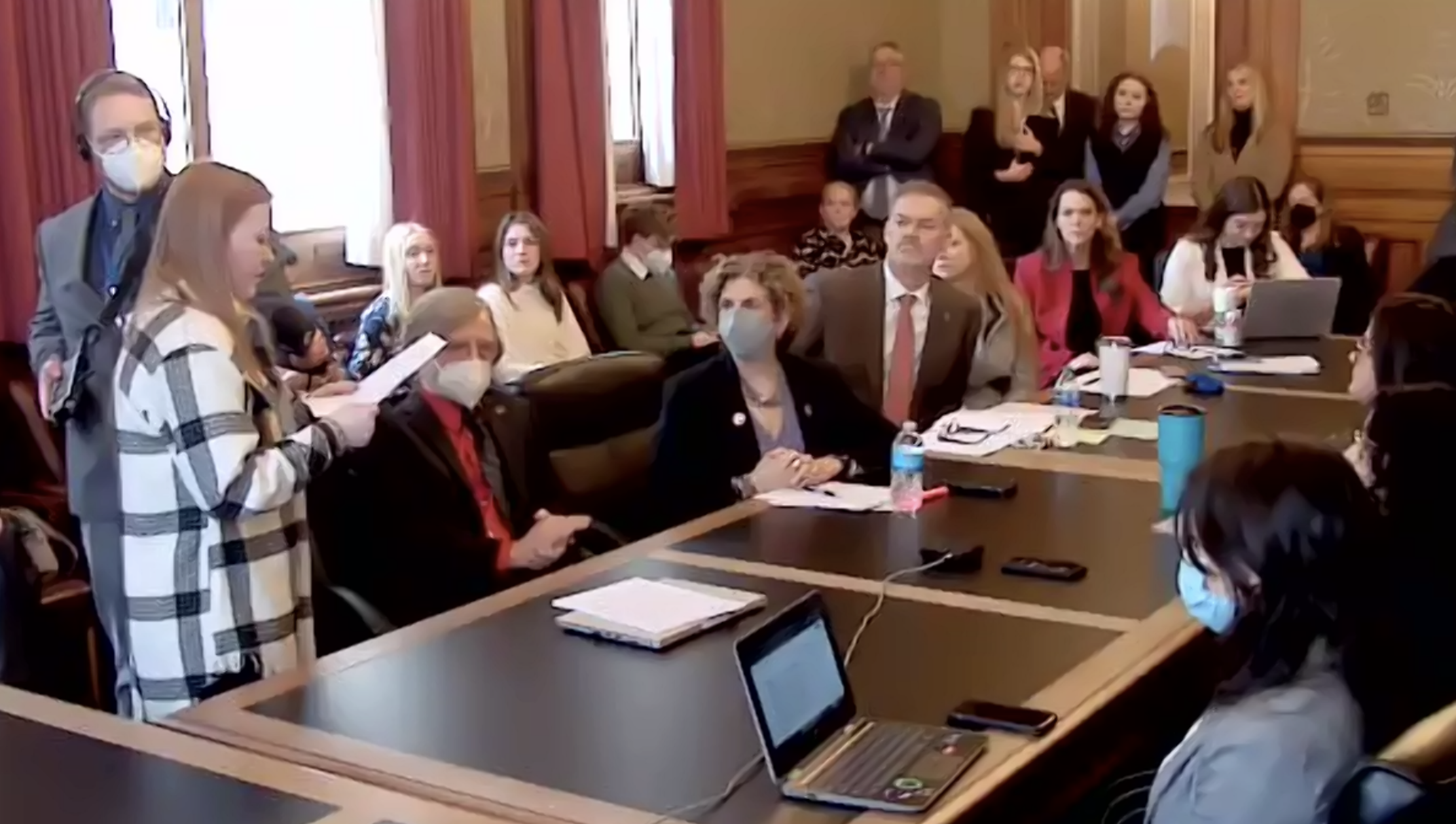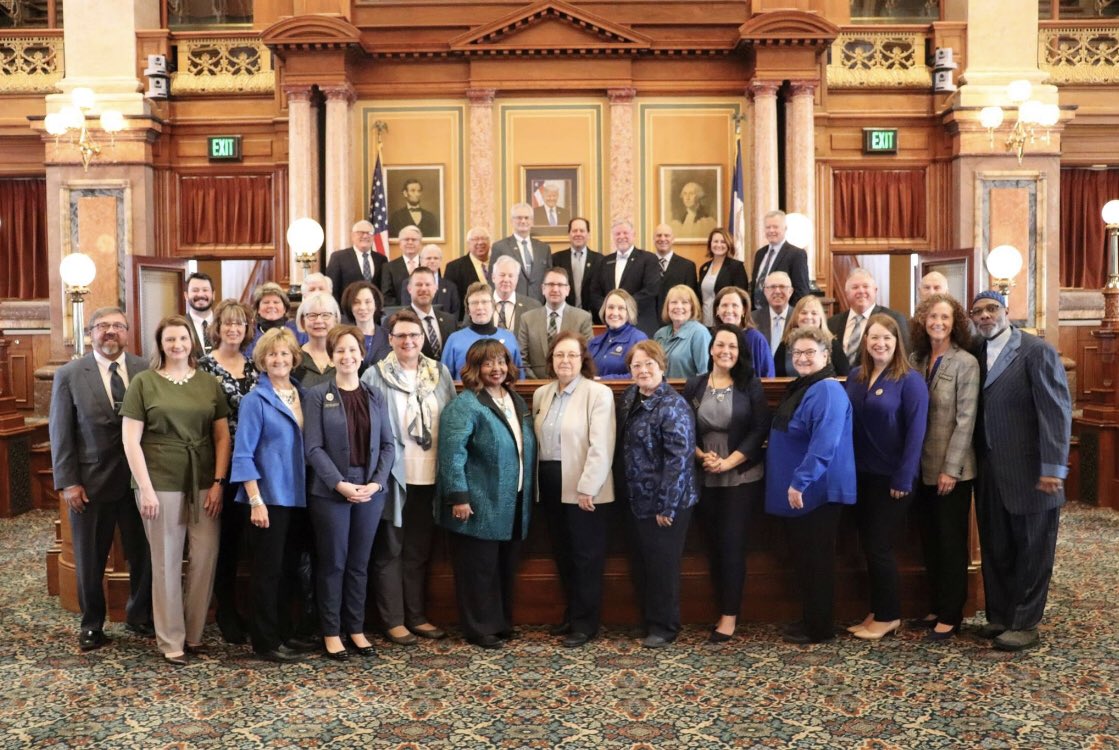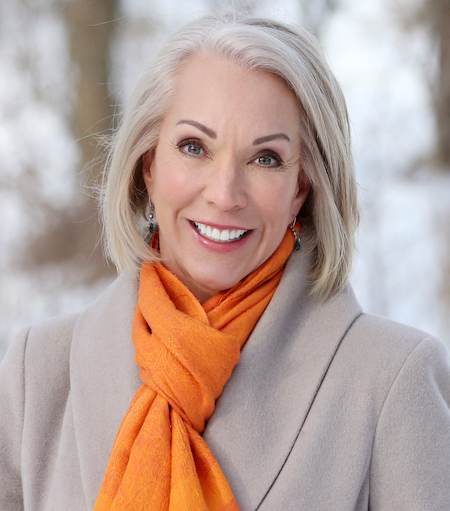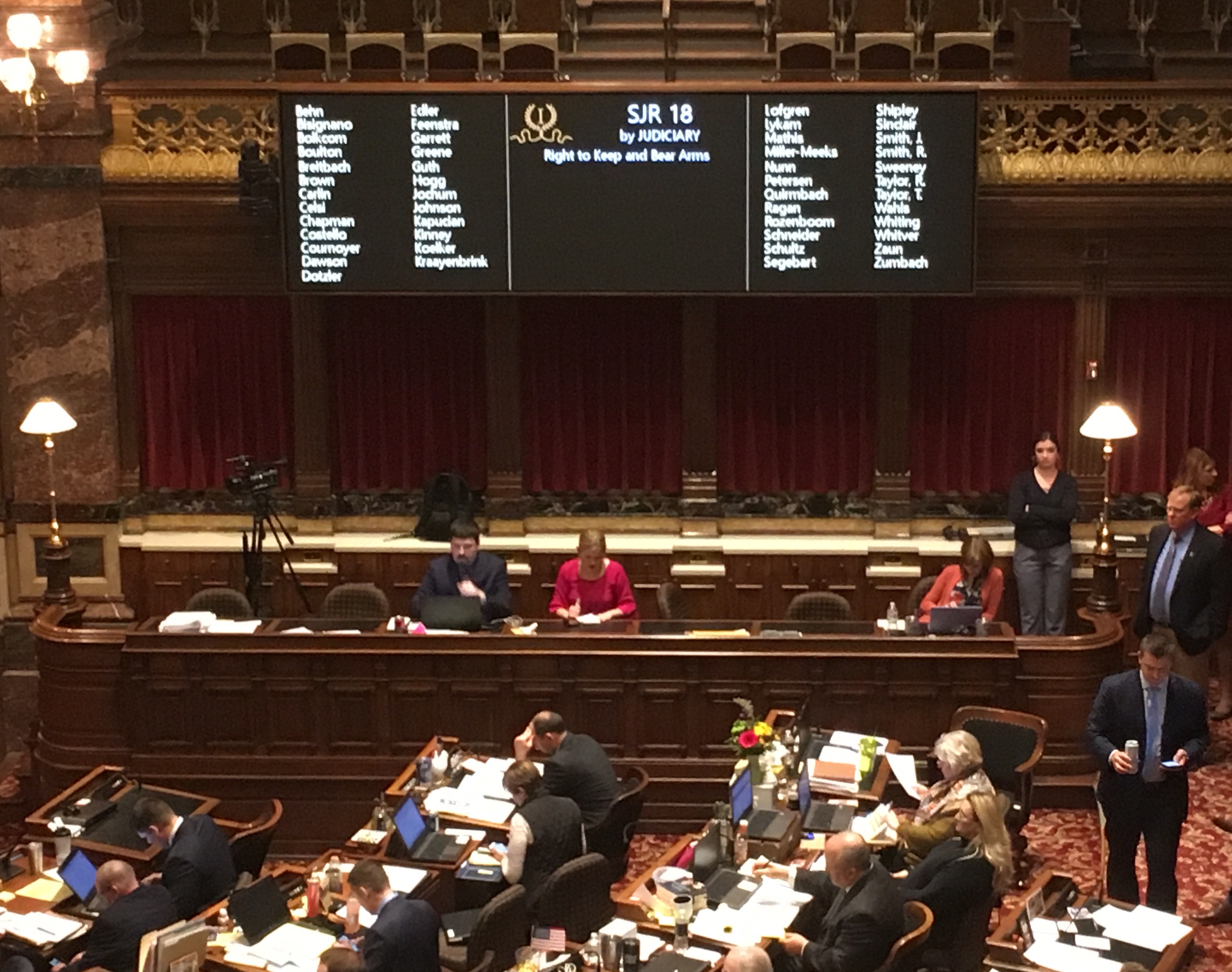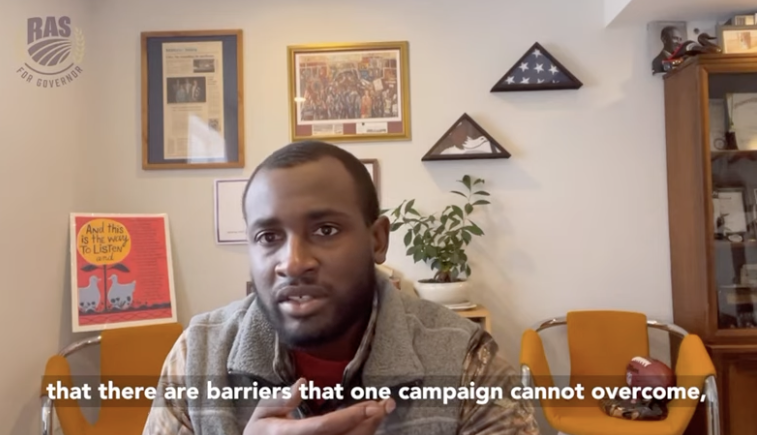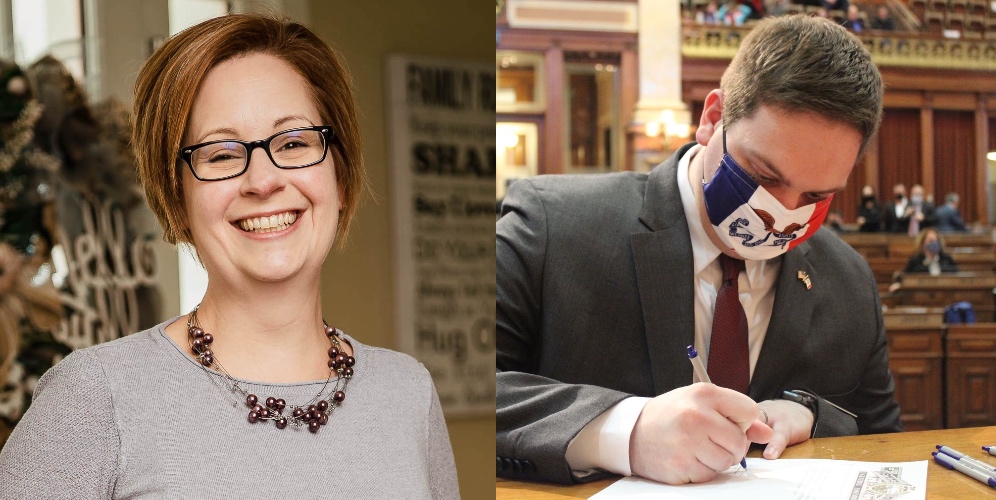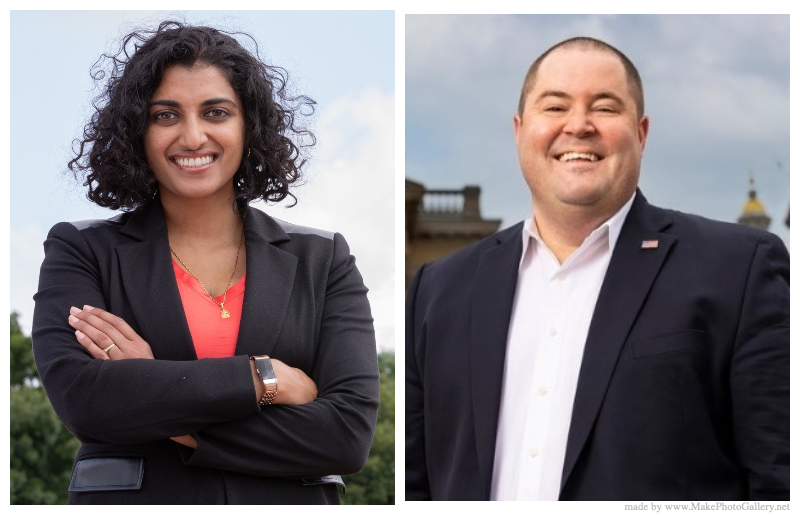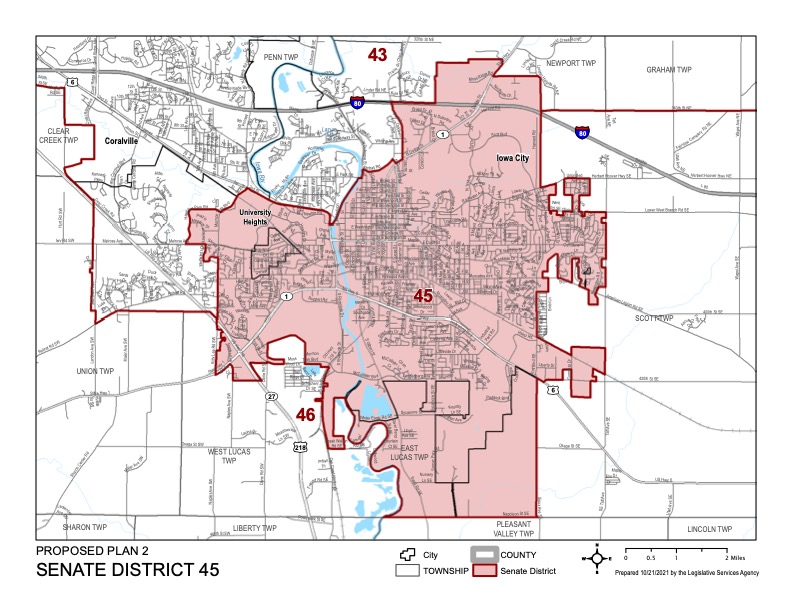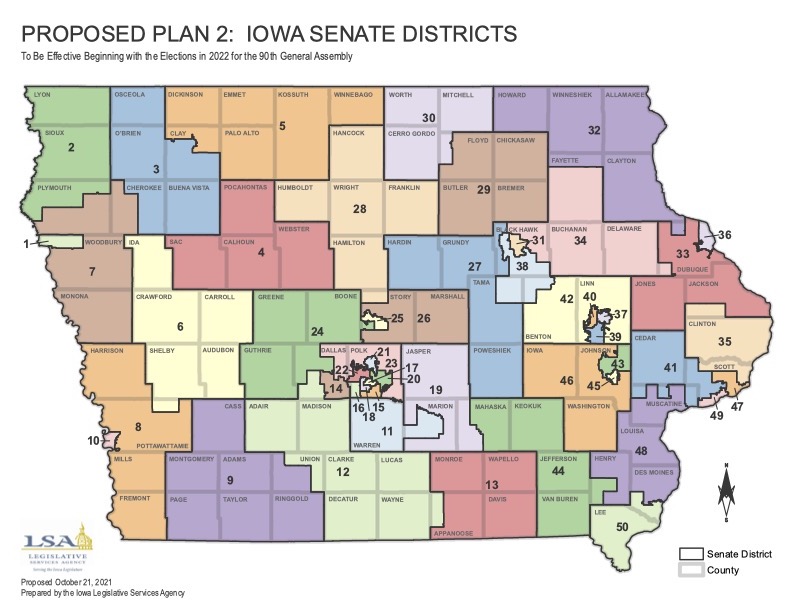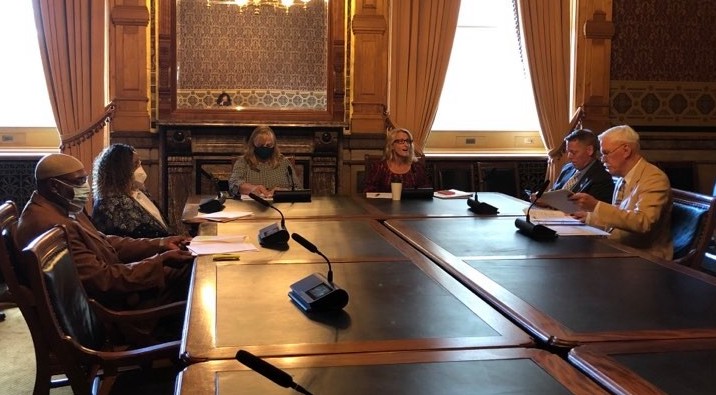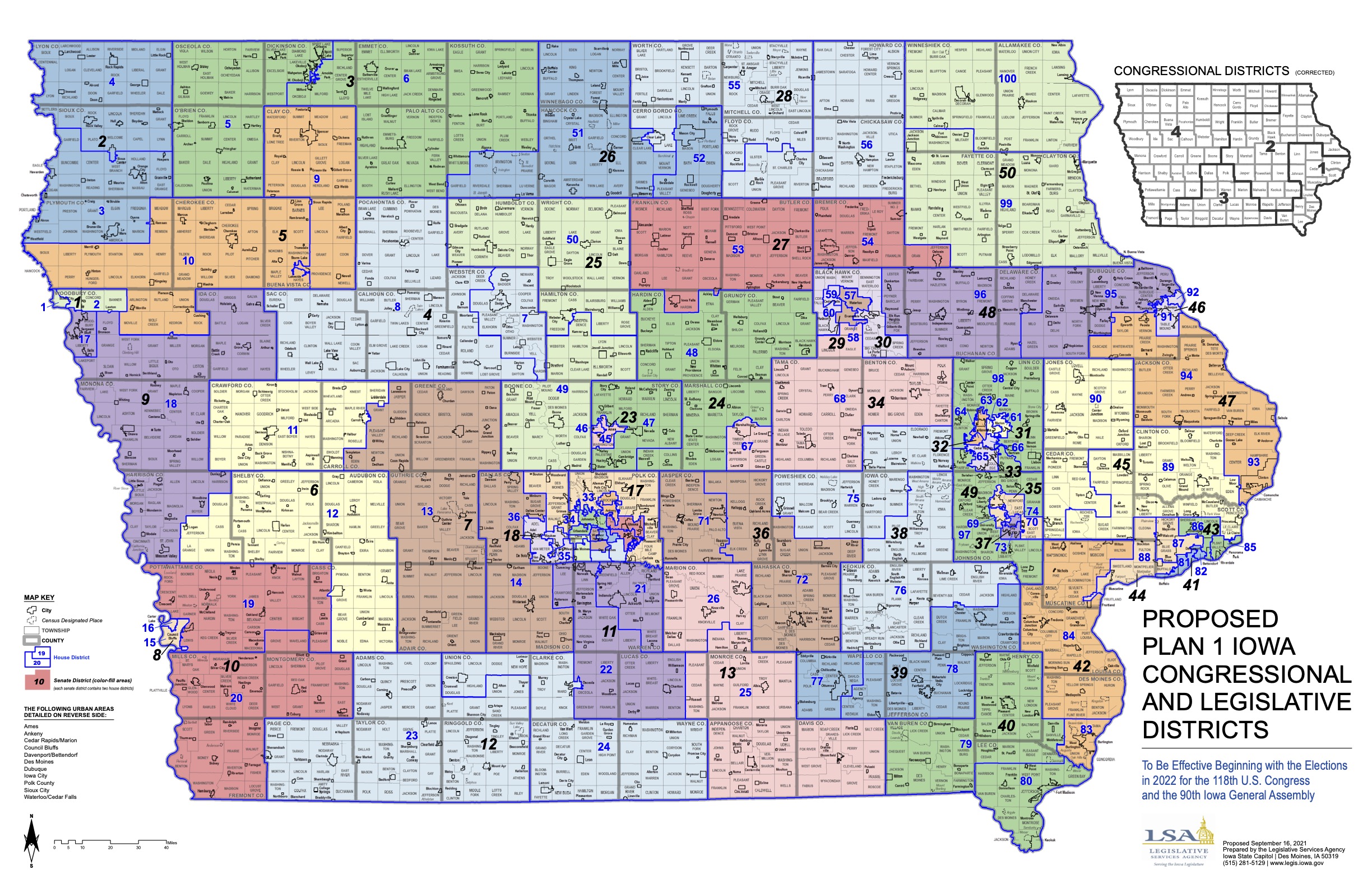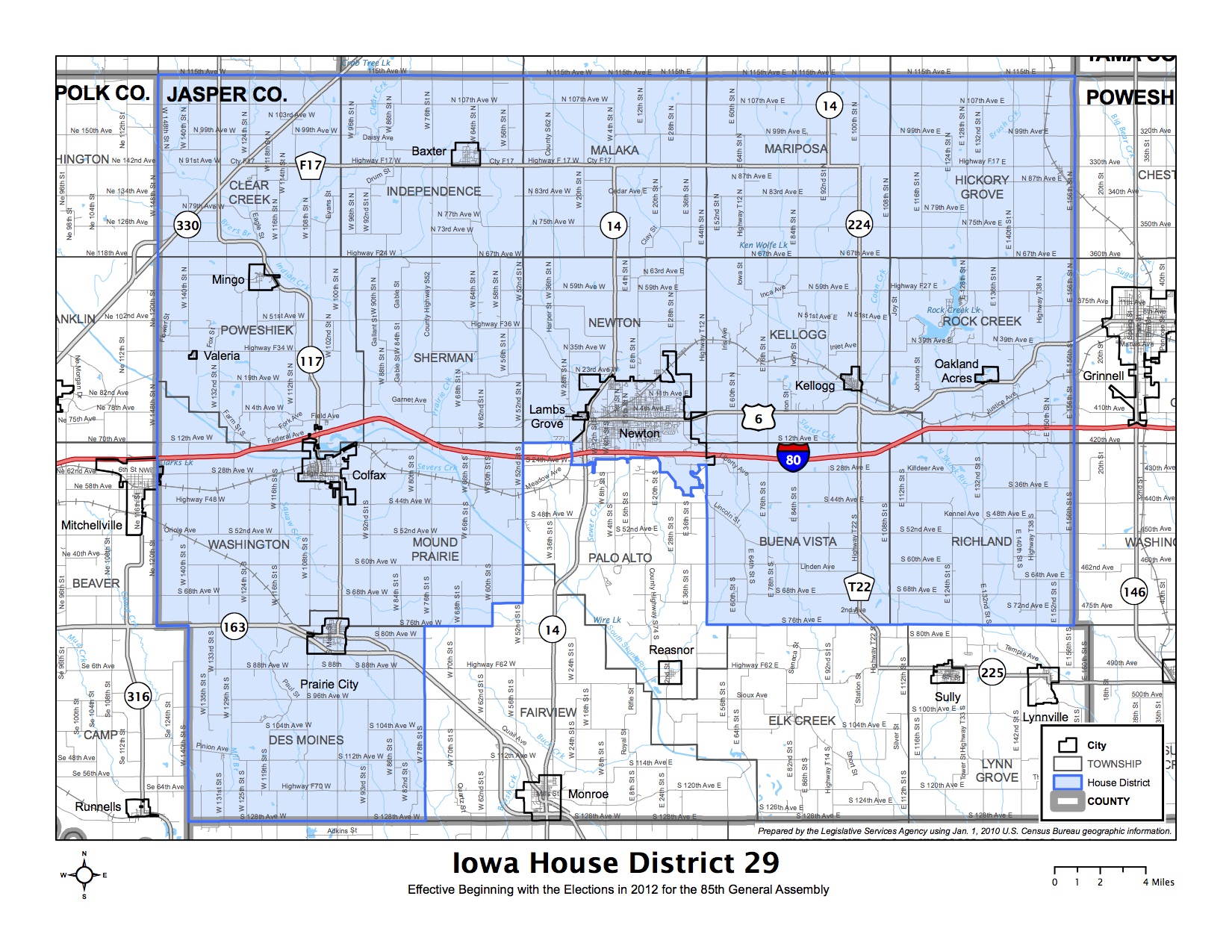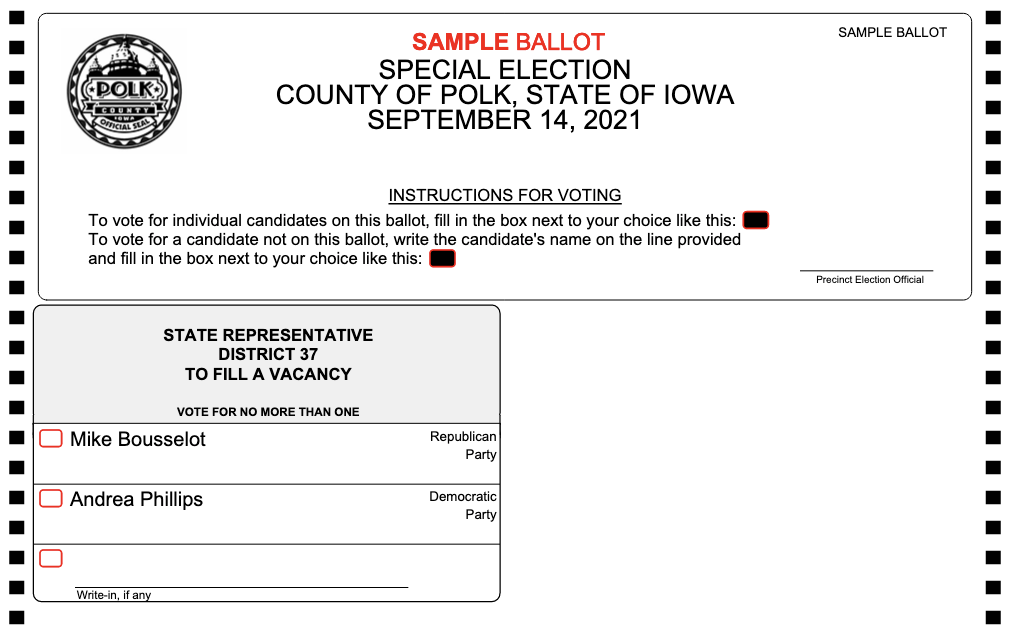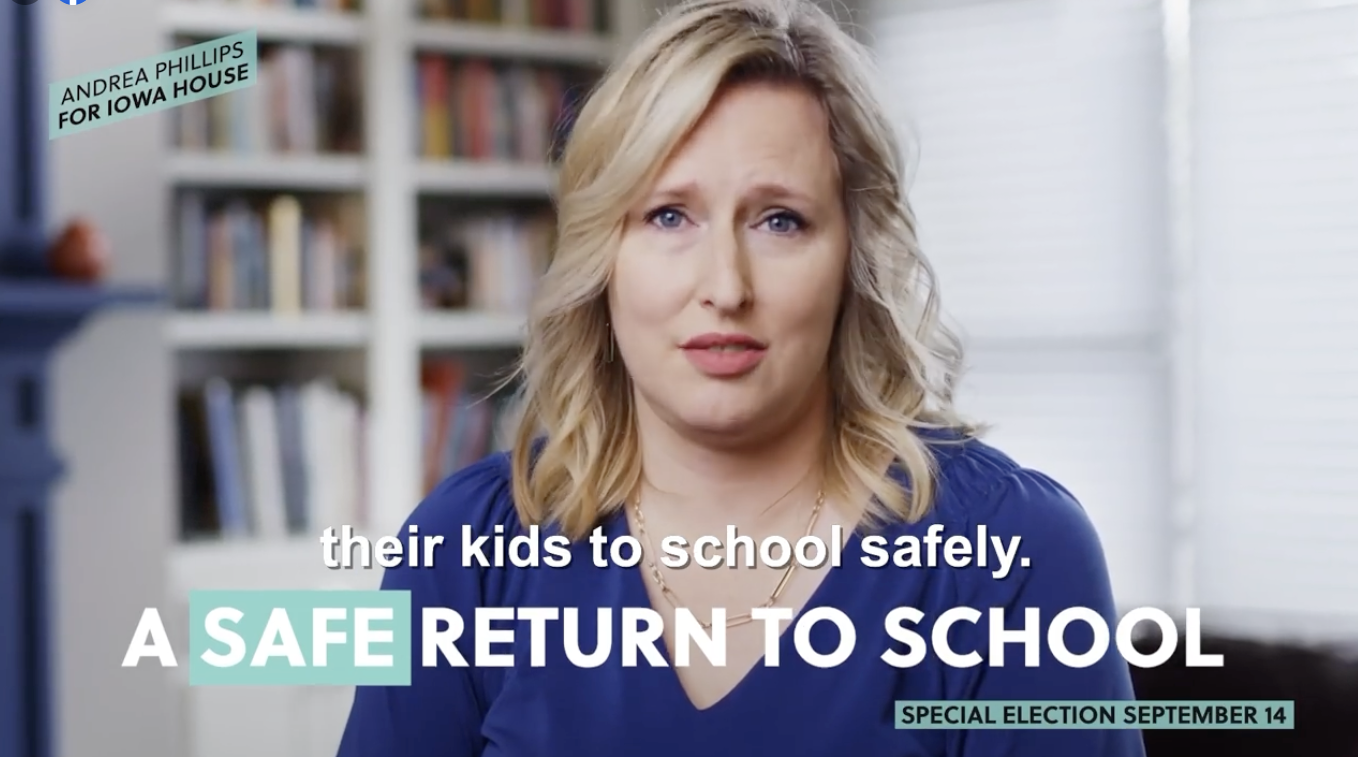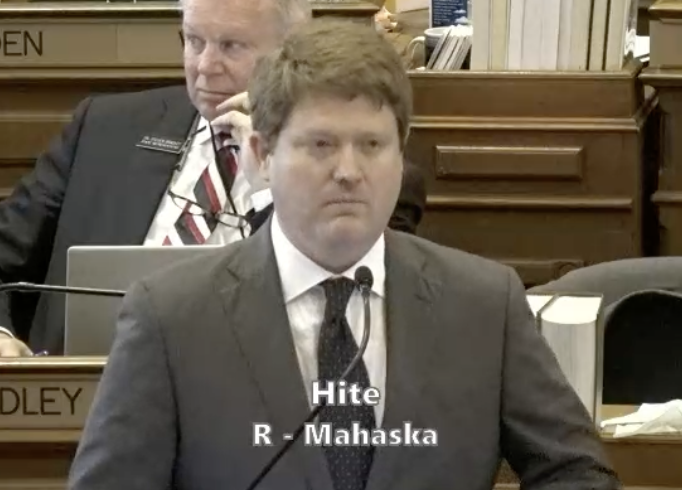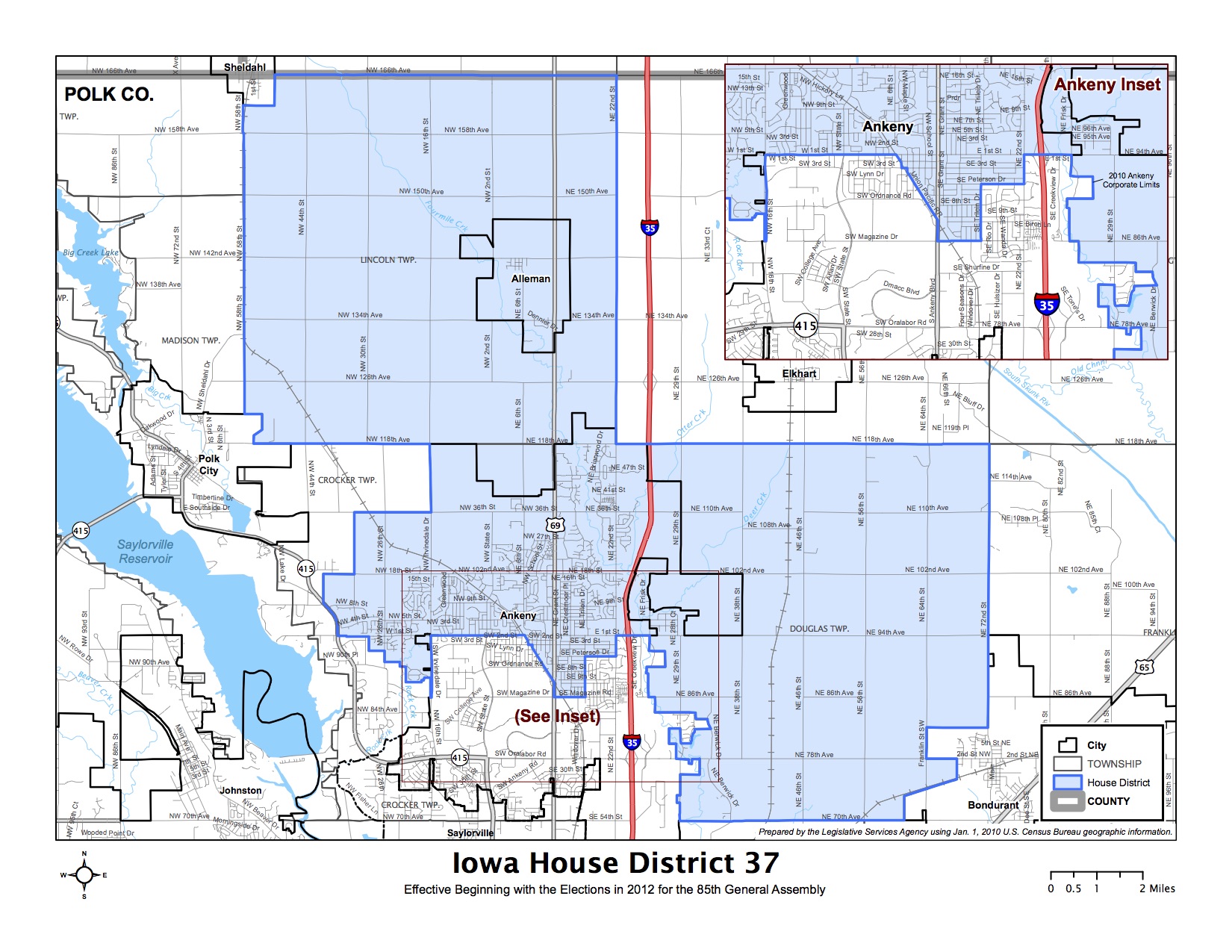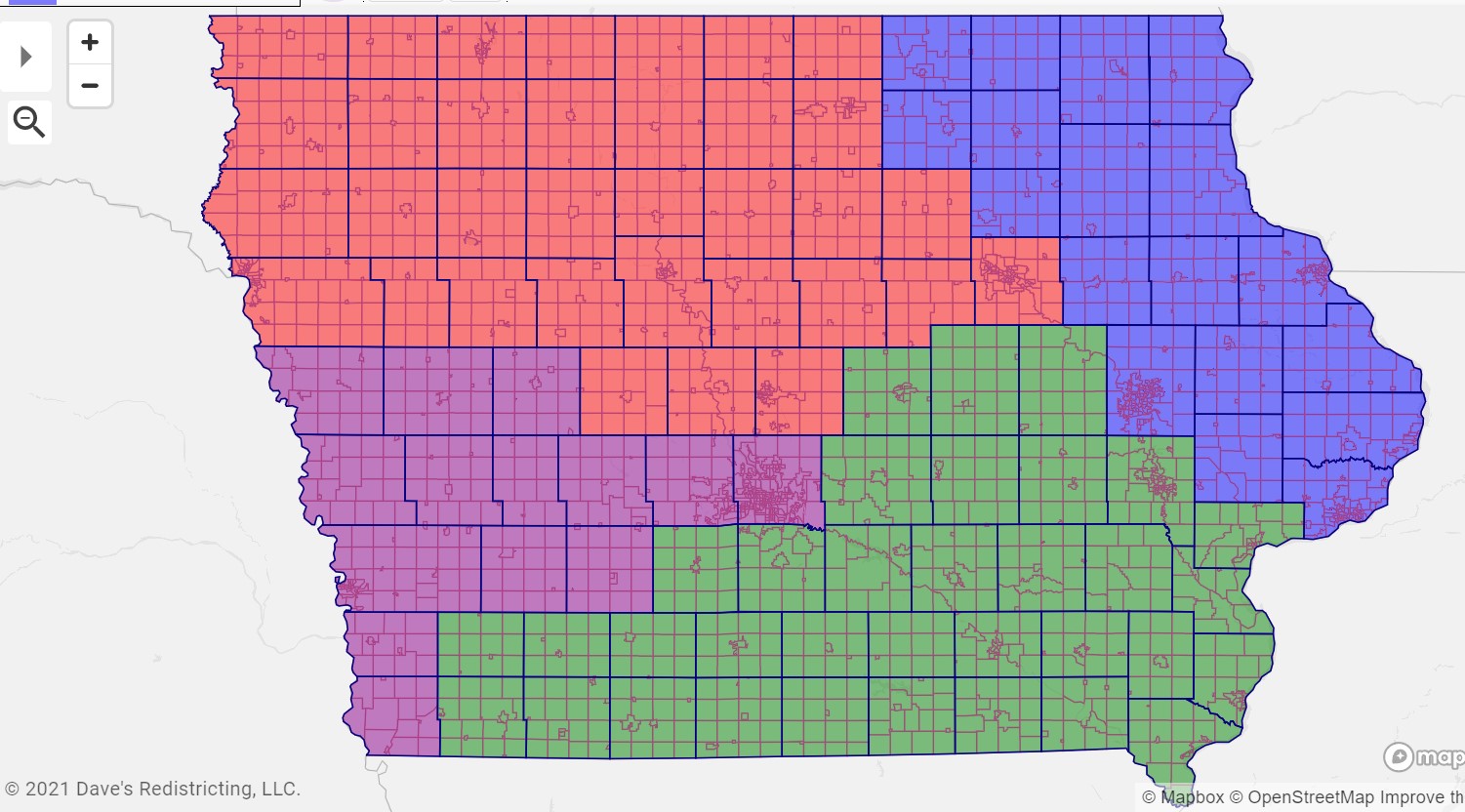James C. Larew is an attorney in Iowa City who served as general counsel and chief of staff for former Governor Chet Culver. House File 2299 cleared the Iowa House unanimously last month and is scheduled to be considered in an Iowa Senate Commerce subcommittee on March 7.
“If it ain’t broke, don’t fix it.”
House File 2299, a bill aimed to deprive Appraisal Panels from determining the causes of insured losses, by amending Iowa’s longstanding, so-called, “standard fire contract,” located at Iowa Code section 515.109, is a fix for something that is not broken. It should not be approved.
Nearly sixty years ago, Iowa lawmakers wisely adopted a successful provision of New York law, which had provided home and business insurance policyholders with a low-cost, efficient means by which they could obtain full indemnification for their insured losses without need, in most cases, to file lawsuits.
More than forty other states have since adopted the New York-based alternative dispute resolution Appraisal process, under which contentious disputes over insurance claim valuations might be resolved.
Continue Reading...



